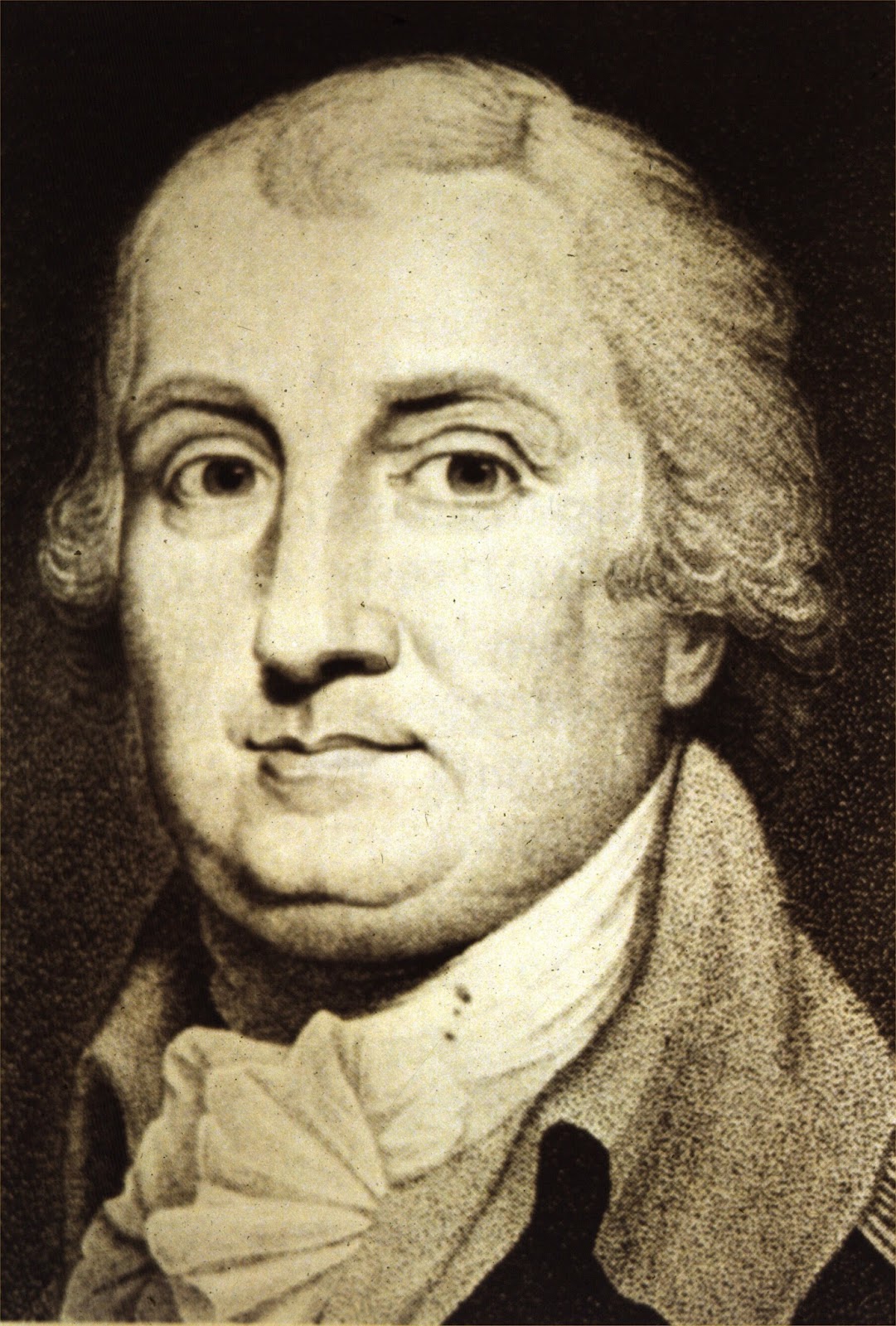Latest update: 14 September 2023 - gmc
South Carolina's delegates in Philadelphia were strong advocates for protecting property rights particularly with regard to the enslaved and in determining the formula for representation under the proposed new form of government. Four men from South Carolina signed the document that has become the longest-lived national constitution in the world. These men were John Rutledge, Charles Cotesworth Pinckney, Charles Pinckney and Pierce Butler. America's Founding Fathers website gives a brief biographical sketch of each man. Each one had a connection to Beaufort District.
 |
| Charles C. Pinckney |
And then it was on to
the states for ratification. Each state was required to hold a ratification convention. We have a copy of the
"Journal of the Convention of South Carolina which ratified the Constitution of the United States May 23, 1788" in our Research Room. Ours is a facsimile copy printed for the Historical Commission of South Carolina by the Foote & Davies Company of Atlanta, GA in 1928.
"Journal of the Convention of South Carolina which ratified the Constitution of the United States May 23, 1788" in our Research Room. Ours is a facsimile copy printed for the Historical Commission of South Carolina by the Foote & Davies Company of Atlanta, GA in 1928.
The "Journal of the Convention of South Carolina which ratified the Constitution of the United States May 23, 1788" are notes taken of the proceedings of the 100 delegates who met at the Charles Town City Hall to discuss the document. Thomas Bee was selected to Chair the preparations for convention. The Convention began on May 12 and elected Thomas Pinckney its President and selected John Sandford Dart as the Secretary. Dart wrote in a clear script so it only takes a few minutes to "get the hang of" his handwriting.
The Convention will meet Mondays through Saturdays until the matter is settled.
On May 21, 1788 General Thomas Sumter makes a motion to delay the proceedings of the Convention until October 20th. A vote is taken and 89 delegates say "yes" to postponement and 135 delegates vote "no." All Beaufort District delegates, except for John Lewis Bourquin, Jr. want to get on with business.
On May 23, 1788, the Convention voted on a resolution that objected to the lack of term limits on the President under the proposed United States Constitution as it "is dangerous to the Liberties of the people, [and] calculated to perpetuate in One person during Life the high authority and influence of that Magistracy in a short time to terminate in what the good people of this State highly disapprove of An hereditary Monarchy." (It would take ratification of the 22nd Amendment to the Constitution in 1951 to change this.) All the Beaufort District delegates, except for John Lewis Bourquin, Jr. who represented St. Peter's Parish, voted "No" to the motion. The motion failed to pass 139 to 68.
A number of other votes were taken and recorded on May 23 including the key issue: Would the proposed United States Constitution become the new law of the new country? In South Carolina, 149 delegates voted in favor of accepting the Constitution; 73 delegates voted against ratification.
All of the St. Helena's Parish delegates (John Barnwell, John Joyner, John Kean, William H. Wigg, Robert Barnwell, William Elliott, and James Stewart) and all the Prince William's Parish delegates (Thomas Hutson, John McPherson, James Maine, John A Cuthbert, John Lightwood, John Simmons, and Stephen Deveaux) voted "Ay." Two thirds of the St. Peter's Parish delegates were in favor of ratification: John Fenwick, Joachim Hartestone, Seth Stafford, and Rev. Henry Holcom. John Lewis Bourquin, Jr. and John Chisholm voted against ratification.
The Convention dissolved itself on May 24, 1788.
Learn more about other resources available to help illuminate the founding of our republic in the BDC's WordPress blog.
PS: I have a presentation called "Beaufort District and The United States Constitution" in case your organization needs a speaker. Contact us to make the arrangements for 2023: bdc@bcgov.net or 843-255-6468.

No comments:
Post a Comment